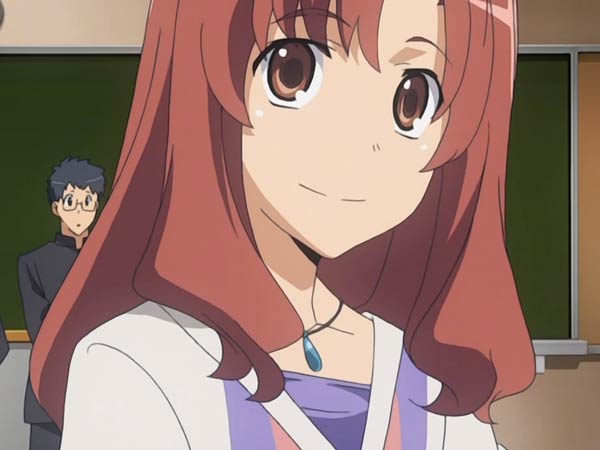I came to Japan as a teacher of English as a Second Language (ESL) way back in 1991, before the general arrival of the Internet. While I have serious issues with recommending English teaching in Japan to readers today—there are better ways work in Japan, if that’s a goal for you—it is true that I learned a lot during my time as an ESL teacher. Here are some of the things I learned about teaching English in Japan.
- First, I learned that teaching English in Japan is a useful way to meet many, many people in a new country. During the six years I taught, I probably encountered 3000 students of all ages, from large groups of rowdy kids to earnest high school students preparing for their entrance exams to company employees hoping to improve their language skills. Because I spoke Japanese, I was always in demand as a teacher.
- Teaching English in Japan allowed me to study many types of Japanese families during my career. I taught the wife of a former president of the Sapporo Ichiban noodle company, whose sprawling house rivaled some temples I’ve been to in Kyoto. I taught families whose houses were overflowing with things, since Japanese households often have high income but small living spaces by Western standards. Some of my favorite students were youngsters learning English for college entrance exams, but who wanted to actually master the language for communication rather than just for a test.
- I learned the truth of the maxim “if you want to master something, teach it.” Being a teacher of English forced me to really learn my own language so that I could explain the role of gerunds and infinitives and type 3 conditional tenses. English prepositions like “in” “at” and “on” can be quite random and difficult for ESL learners, so I taught my students a fun song—Tom’s Diner by Susan Vega, e.g. “I am sitting in the morning at the diner on the corner”—to help them learn.
- There’s an “informality” about English that makes English teachers approachable by students of the language, which is welcome because living in a country where you’re so different from those around you can be lonely, and having friendly relationships with my students was fun. Japanese generally idolize English and America as “free” (meaning free of social restrictions and rules), unlike their own more ordered society.
- I also learned that my pre-conceptions of Japan when I came to the country that should be discarded as quickly as possible. When I met the father of a student I was teaching, I assumed he was a standard Japanese “salaryman” who maybe liked golf and photography. I was surprised when he showed me his true passion which was researching the Trans-Siberian Railroad. A few years earlier, he’d saved money and ridden from Vladivostok to Moscow, fulfilling his life’s dream. I learned that I shouldn’t judge books by their covers.
This last point is not unlike the situation of Kaho Shibuya, the lovely JAV actress who has graced the pages of J-List for many years, though she recently retired from AV work. Looking at this lady, it can be hard to see past her beautiful body, her love of cosplay and her large, ah, eyes. But as I discussed in this post on the history of the JAV world, Kaho-chan is a big fan of English and has studied so hard she did the impossible, get perfect scores on Eiken level 1 and TOEIC, the two most challenging English tests for Japanese. So let’s make sure we don’t judge things from how they appear at first.
Got any questions or comments about teaching English in Japan? Ask us on Twitter!
Incidentally, Kaho-chan will be our guest at the upcoming Anime Expo, and you can meet her and get her autograph. Look for details on our blog later today!
Japan’s anime figure makers are amazing and create the most detailed creations for fans to display in their rooms. We’ve got lots of new figures, including ones from Tawawa on Monday, How to Raise a Boring Girlfriend and Darling in the Franxx. Browse and preorder them now!
















